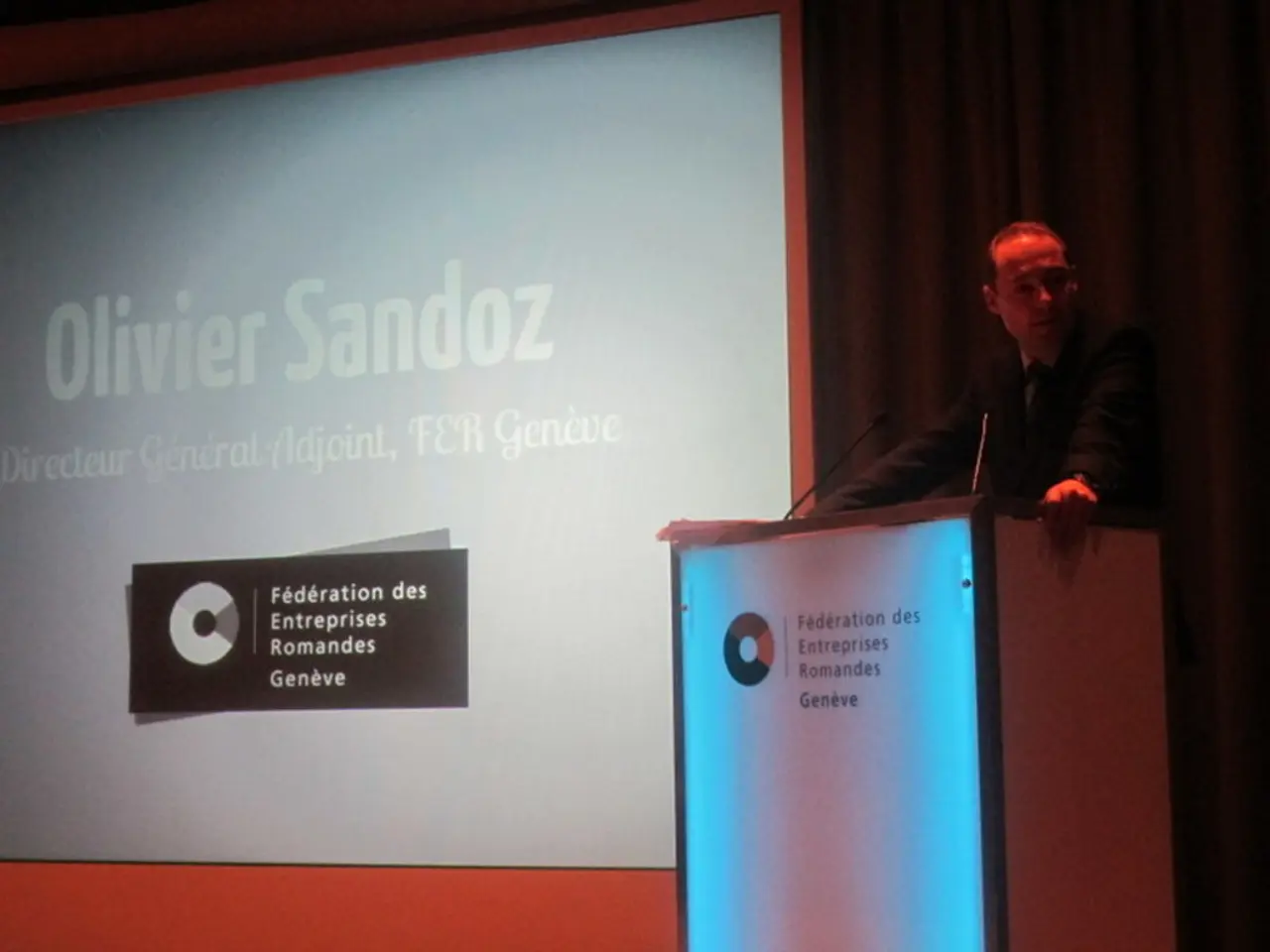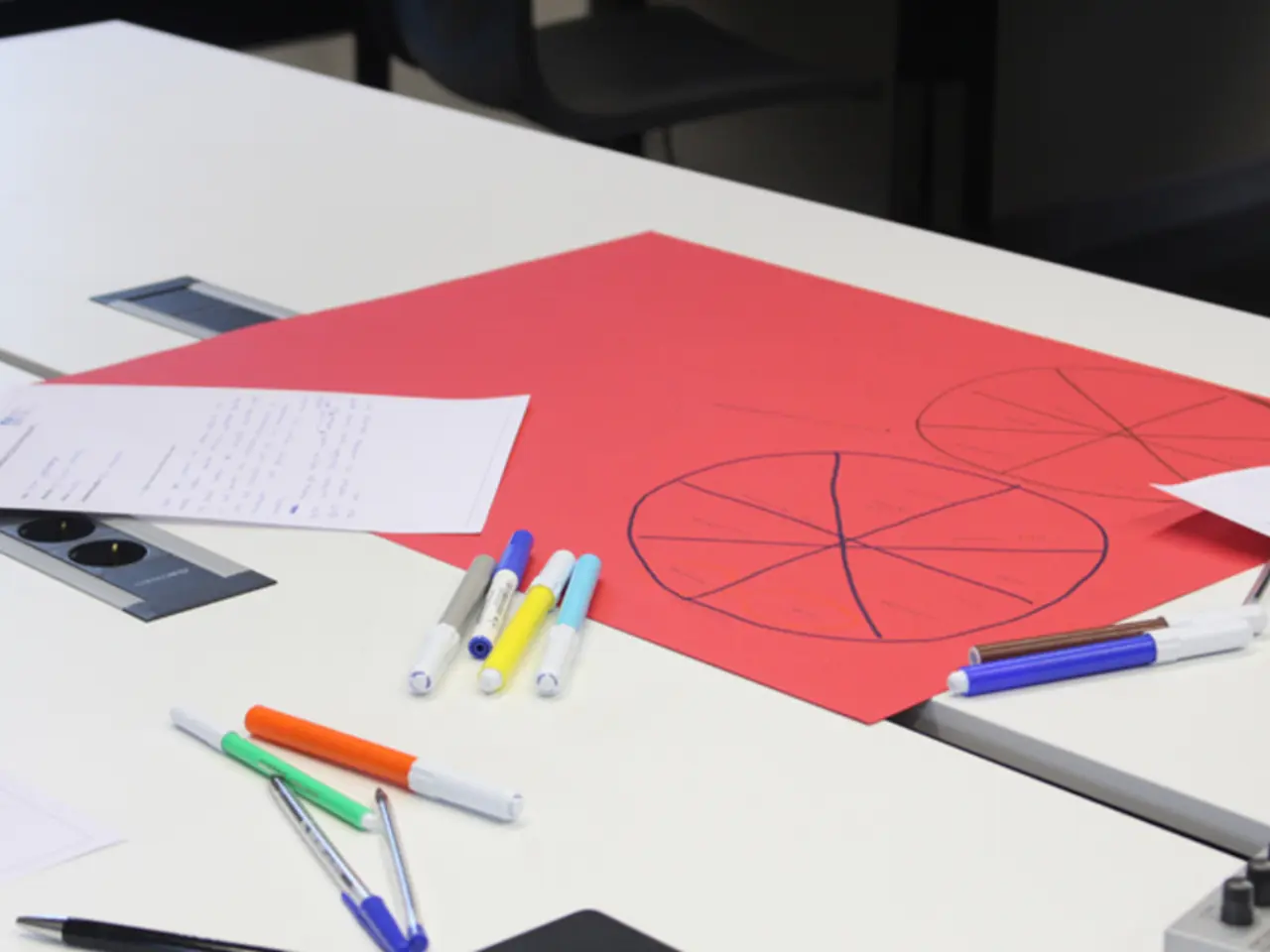Exploring Economic Value: The Creative Economy Beyond the Sphere of Culture, as written by Marta Foresti.
The Global Creative Economy Council (GCEC), under the leadership of Marta Foresti, is set to play a pivotal role in addressing global challenges and seizing opportunities by positioning the creative economy as a vital driver beyond the cultural sector.
Marta Foresti, with a background in international relations and development policies, has recently taken the helm as the Chair of the GCEC and CEO of LAGO Collective. She views her role with a sense of duty and wonder, emphasizing the importance of international cooperation and the value of the GCEC.
The GCEC, a partnership between the British Council and Creative PEC, boasts a global network of local leaders across diverse sectors of the creative economy. From museums and libraries to gaming and urbanization, these leaders demonstrate how creative industries are instrumental in tackling issues such as the climate crisis, trade, labor mobility, AI, and more.
The Council aims to influence a broad range of policies, extending beyond cultural policy to industrial strategies, trade agreements, and the green transition. By engaging with global and local policy exchanges, sharing expertise, and building new coalitions, the GCEC seeks to make strategic, concrete actions that span beyond traditional creative sectors.
Africa is projected to produce up to 10% of global exports of creative goods by 2030, valued at around $200 billion. The film industry in Lagos, Nigeria alone employs over one million people and contributes $7.2 billion towards Nigeria's GDP. About half of these workers in the creative industries are women.
The GCEC will reach out to their extensive networks across borders and disciplines, including island states that face similar challenges and can share valuable lessons. The Council plans to engage with key global events, such as COP 30 in Belem and the South African G20, to discuss how the creative economy can help with the relocation of a bustling but rapidly sinking city.
The global creative economy revenue is estimated to be $4.3 trillion according to UN estimates. In cities like Berlin, Germany, the creative industries account for €7.8 billion, or 8.5%, of the city's GVA. The GCEC is determined to play a part in bringing a vision of local solutions to global problems to life.
The annual meeting of the GCEC will take place in Jakarta, where they will engage with policymakers and practitioners in the Association of Southeast Asian Nations (ASEAN). The main image for the article is Friche La Belle Mai, Marseille (2025), credited to Marta Foresti.
[1] Source: Global Creative Economy Council website and press releases.
- Marta Foresti, having a background in international relations and development policies, now leads the Global Creative Economy Council (GCEC) as its Chair and CEO of LAGO Collective.
- The GCEC, a partnership between the British Council and Creative PEC, consists of a global network of leaders across various sectors of the creative economy.
- The creative industries, as demonstrated by these leaders, are vital in addressing issues such as the climate crisis, trade, labor mobility, AI, and more.
- Under Foresti's leadership, the GCEC aims to influence a broad range of policies, including industrial strategies, trade agreements, and the green transition.
- By 2030, Africa is projected to produce up to 10% of global exports of creative goods, valued at around $200 billion.
- The film industry in Lagos, Nigeria alone employs over one million people and contributes $7.2 billion towards Nigeria's GDP, with about half of these workers being women.
- The GCEC plans to engage with key global events, such as COP 30 in Belem and the South African G20, to discuss the role of the creative economy in addressing global challenges.
- The annual meeting of the GCEC will take place in Jakarta, where they will engage with policymakers and practitioners in the Association of Southeast Asian Nations (ASEAN).




